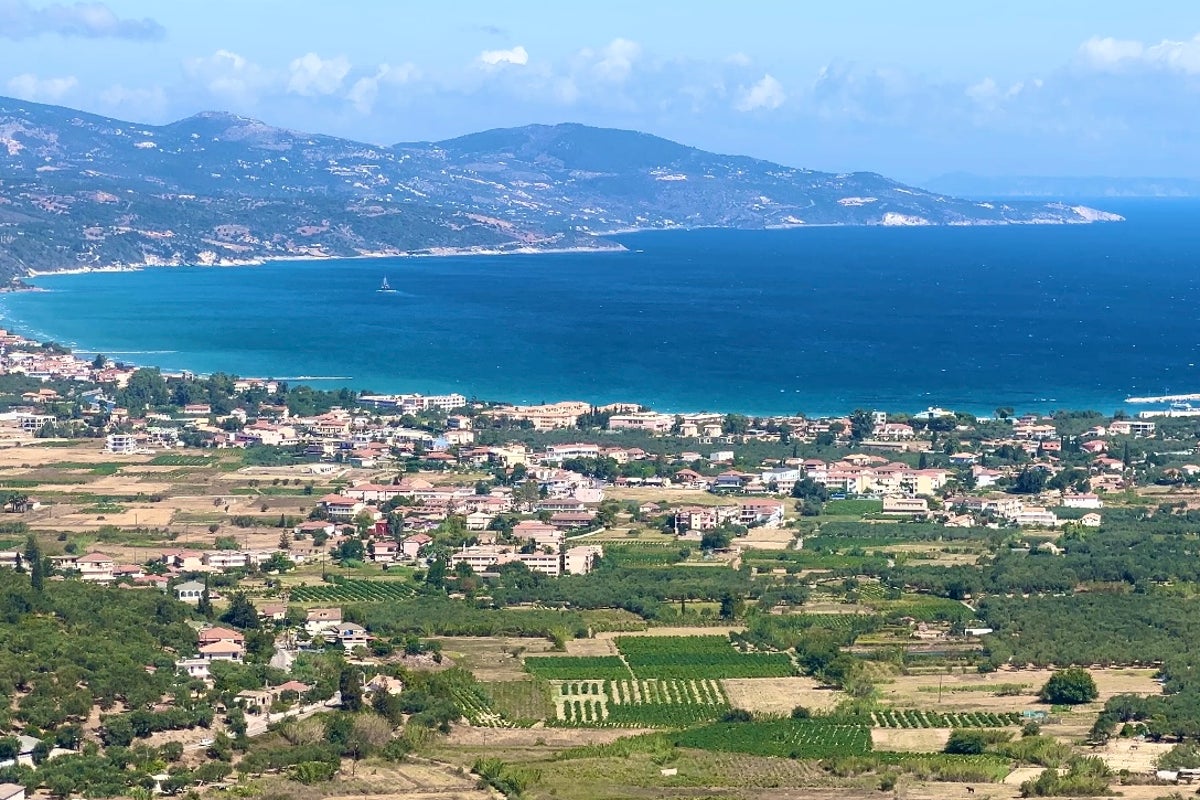Have holiday prices really surged by a quarter?
The Man Who Pays His Way: A family of four can go on a Mediterranean package holiday next weekend for under £800

Travel and data are made for each other. With thousands of suppliers catering to the holiday needs of millions of customers, the more numbers the merrier. Travel firms, the media and holidaymakers can keep track of who is going where and how much they are paying.
But there are limits – and I think they may have been reached with the survey this week from the holiday price-comparison website TravelSupermarket. The headline: “Family Holiday Price Surge for Summer 2025”.
The accompanying press release said data showed “significant price increases for family holidays in 2025” and that costs to some destinations have risen “by more than a quarter” compared with last year.
The key rises for “all-inclusive seven-night family breaks for August” are:
With inflation at barely 3 per cent, those are concerning figures. The data is doubtless reliable. But what exactly do the numbers tell us? Context is important. As the firm makes clear: “The data is based on TravelSupermarket package holiday clicks between 18 April and 17 June in both 2024 and 2025.” That’s clicks, not what people paid.
Now, rational behaviour cannot be assumed of someone seriously contemplating an August visit to the UAE or Egypt: the average high in Dubai is 41C, and the Red Sea resorts are only a couple of degrees cooler. That is “unfit for human habitation” territory. However, presumably those sunseekers took one look at the prices and decided to search elsewhere, such as Tunisia, the all-inclusive budget destination for summer 2025 (average high 33C).
What puzzles me is: why are the rates in Greece and Turkey up so sharply (12 and 15 per cent respectively)? For the last few weeks, I have been looking at deals from the big holiday companies. The strong sense I get is that prices are falling.
Right now, I am looking at a package holiday from Bournemouth to Icmeler in Turkey, departing Friday, 18 July, with Tui, for an astonishing £195. And another from Gatwick to Corfu on Sunday, 20 July, for £190. That includes round-trip flights clocking up thousands of miles; checked baggage, transfers, and a self-catering apartment.
For a family of four to be able to buy a proper package holiday in Greece or Turkey in late July for under £800 indicates what the companies call a "soft" market. Insist on all-inclusive? That will be £328 per person from Birmingham to Crete on Tuesday, 15 July.
Anecdotally, some travellers are deterred from visiting Turkey, Cyprus and some Greek islands because of the proximity to the tragic conflict in the Middle East. I will happily be visiting Turkey in a couple of weeks. But I am not yet buying my ticket in the hope that prices will fall further.
Back to that survey. Chris Webber, head of deals at TravelSupermarket, says: "We’ve seen price rises of between 4 per cent and 26 per cent across popular destinations like Spain, Greece, Turkey, the UAE and Portugal.” Seen, but not necessarily sold.
I prefer data about what people buy – and this week Jet2 Holidays revealed a 5 per cent year-on-year increase in package prices, from £830 to £873, “as supplier-led cost increases were passed through to customers”.
My conclusion: talk of a “holiday price surge” is misplaced – but possibly only premature. Meanwhile, make the most of those bargain holidays next week if you possibly can.
Simon Calder, also known as The Man Who Pays His Way, has been writing about travel for The Independent since 1994. In his weekly opinion column, he explores a key travel issue – and what it means for you

 Aliver
Aliver 































